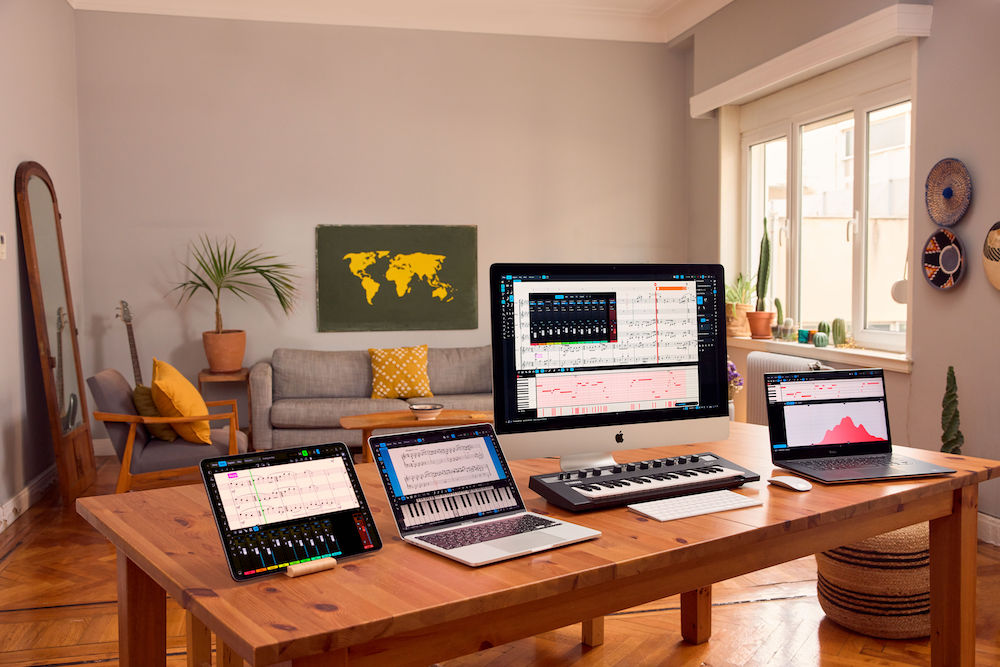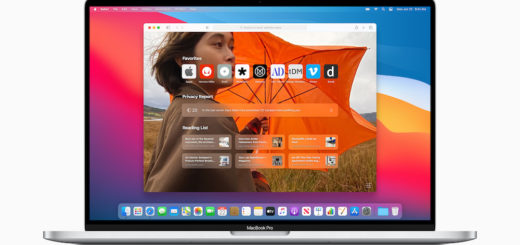Apple Silicon is Pacman, eating (some) PC industry lunch

Apple’s M-series Macs are gaining share while others do not.
Intel, AMD, and Nvidia have reportedly lowered their 2022 shipment and revenue projections, reflecting challenging market conditions – but Apple is the only manufacturer that is expected to see continued growth.
There seems to be a little drift
Citing sources, Digitimes tells us of the PC industry woe. People are still purchasing Macs, but the demand for PCs seems to be softening alarmingly. The report, which is hidden behind a paywall, makes numerous claims as to the extent to which the PC industry bloodletting has begun:
- Intel predicts PC chip shipments to fall 10%, slicing $11 billion off its revenues.
- AMD anticipates shipments to decline between 14-16%. It had expected up to a 9% fall.
- The report claims laptop makers, including Dell, Acer, HP and Asustek have also reduced their shipments and expectations for the year.
But not Apple, which is expected to ship around 29 million MacBooks, more than it has across the last three years, the report claims. The company is expected to juice these sales with new Mac models and Apple Silicon Macs boosted by the M2 chip over the coming months. In October, we think we’ll see new MacBook Pros, for example.
It’s not game over for the PC business, of course. Apple may ship a couple more million Macs, but the industry will still server up hundreds of millions of Windows PCs.
Different business models collide
All the same, it does spell out trouble, as the nature of the PC industry is that it is highly competitive, and vendors in the space must strive a balance between fighting on price or passing cost increases onto consumers as inflation and supply chain challenges bite. Of course, as prices rise, sales decline, so the experience is unlikely to be fun for any concerned.
Apple, while it suffers some of the same challenges draws huge benefits from every new Mac user it brings across to its platform.
Not only does the user experience generally inspire happy users, but it also tends to encourage them to purchase additional Apple kit, including services, of course.
[Also read: Apple grows iPhone in Europe as smartphone industry slumps]
Apple’s growth is also gain for all involved in its supply chain, of course.

Steinberg says Apple Silicon is twice as fast as Intel with its Dorico Pro software
Apple partners see the benefit
That translates into economically rewarding component and supply deals across its manufacturing partnerships.
This benefit is particularly visible for Apple’s processor manufacturing partner, TSMC. That company is now expected to generate $16.6 billion in business on Apple Silicon alone, a second Digitimes report explains. In other words, Apple’s market is growing steadily, while others are in decline.
Global Statcounter data shows that the biggest gains are across mobile operating systems, as smartphones and iPads supplant many use cases previously occupied by PC. It’s also worth considering desktop OS distribution in the US, where the Mac now runs c.25% of actively used computers.
Apple in its last quarter said it had been unable to manufacture enough Macs to meet demand.
While it is possible other manufacturers are downsizing their forecasts for the same reason, it may also be that Apple’s problem is a problem they’d dearly like to have.
We’ll find out how this story plays out across the next year.
Please follow me on Twitter, or join me in the AppleHolic’s bar & grill and Apple Discussions groups on MeWe.




